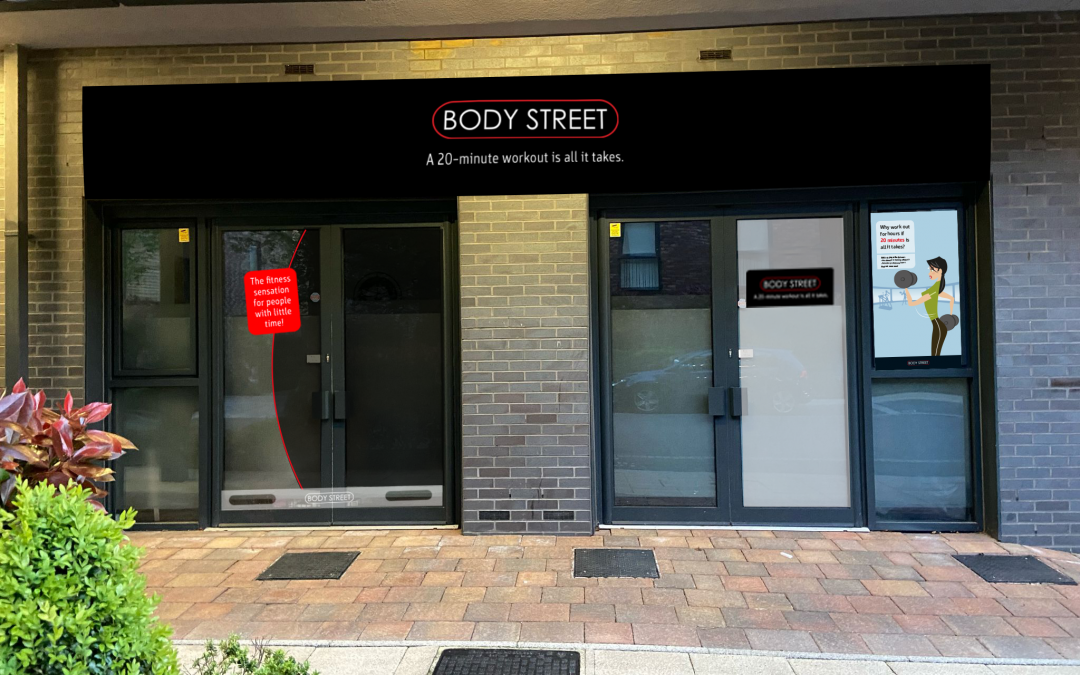Owning a franchise is often seen as a more secure way to start a business compared to launching a new venture from scratch. With an established brand, a proven business model, and ongoing support from the franchisor, the allure of franchising is undeniable. But what is the actual success rate of owning a franchise, especially in the UK market? Let’s delve into the details to provide a clear picture.
Understanding Franchise Success Rates
The success rate of franchises can be significantly higher than that of independent start-ups. According to recent statistics, approximately 90% of franchisees report profitability within two years of operation. In contrast, around 20% of independent businesses fail within their first year, with about half surviving beyond five years. These figures highlight the inherent stability and potential profitability of franchises.
Why Do Franchises Succeed?
Several factors contribute to the higher success rates of franchises:
- Established Brand Recognition: Franchises come with built-in brand recognition and customer loyalty. This immediate trust and familiarity can drive traffic and sales from day one.
- Proven Business Model: Franchisees benefit from a tried and tested business model. This reduces the trial and error phase that many new businesses face, providing a clear pathway to success.
- Comprehensive Training and Support: Most franchisors offer extensive training programs and ongoing support. This can include marketing strategies, operational guidelines, and financial advice, ensuring franchisees are well-equipped to run their businesses effectively.
- Economies of Scale: Franchise networks can leverage bulk purchasing power, reducing costs for supplies and inventory. This competitive edge can enhance profitability and sustainability.
The UK Franchise Landscape
In the UK, the franchise sector is robust and diverse, encompassing a wide range of industries from food and beverage to fitness and health services. The British Franchise Association (BFA) reports that the franchise industry contributes significantly to the UK economy, generating over £17 billion annually and employing more than 700,000 people.
Case Study: BodyStreet
BodyStreet, a leading franchise in the fitness industry, exemplifies the potential success of owning a franchise. Specialising in Electro Muscle Stimulation (EMS) training, BodyStreet offers a unique and innovative approach to fitness. With over 300 studios worldwide, including a growing presence in the UK, BodyStreet provides franchisees with a solid foundation for success.
Key Success Factors for BodyStreet Franchisees:
- Innovative Concept: BodyStreet’s EMS training offers a unique selling proposition in the competitive fitness market.
- Comprehensive Support: Franchisees receive thorough training, marketing assistance, and operational support.
- Proven Results: The BodyStreet model has been successful globally, with numerous testimonials and success stories from franchisees.
The success rate of owning a franchise in the UK is notably high, especially when compared to starting an independent business. The combination of brand recognition, a proven business model, and extensive support systems creates a favourable environment for franchisees to thrive. For prospective business owners looking for a more secure and potentially lucrative venture, franchising, as exemplified by successful brands like BodyStreet, presents a compelling option.
In summary, while no business venture is without risk, franchising offers a structured and supportive pathway to business ownership. With the right research and due diligence, aspiring entrepreneurs can significantly increase their chances of success by joining a reputable franchise network.
For more information on franchising opportunities and success stories, visit BodyStreet UK.
